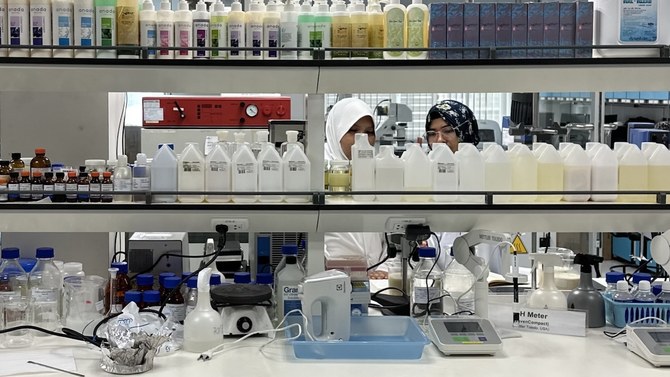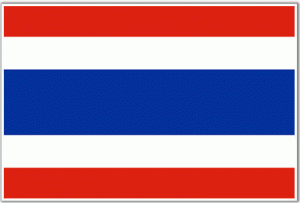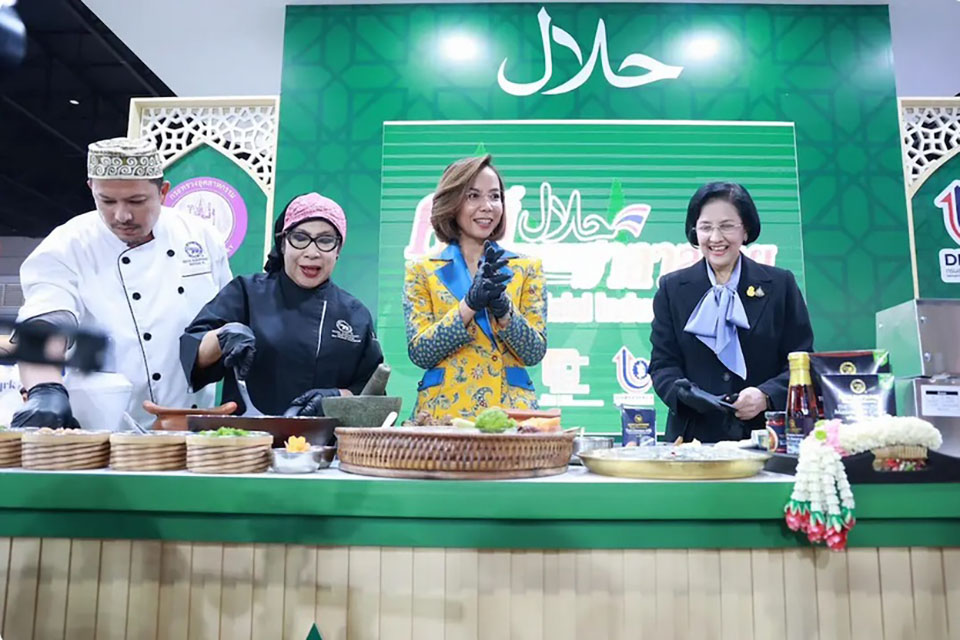- Thailand is seeking to become a regional halal hub, increase halal exports
- Bangkok center in talks with SFDA to establish halal science lab in Saudi Arabia
BANGKOK: For the last two decades, Dr. Winai Dahlan has helmed the development of halal research initiatives in Buddhist-majority Thailand to ensure food safety standards that conform with Islamic laws.
The country’s start in halal science began as an answer to increasing calls by Thai Muslims for scientific testing in halal food development in the late 1990s after the discovery of beef sausage products for Muslim consumers that were tainted with pork caused an uproar.
The demands of Muslim consumers in the country, which make up about 5 percent of Thailand’s 66 million population, along with increased awareness of halal standards, led to the establishment of a halal research center at the Chulalongkorn University in Bangkok.
“When the Thailand policymakers realized the significance of the science … Chulalongkorn University (and) myself at that time … established a small laboratory in the Faculty of Allied Health Science,” Dahlan, who is the center’s director, told Arab News.
That small lab eventually became a full-scale facility, with the government granting a budget for the public university to do so following controversies related to halal food products in the region.
“In that year, 2003, Thailand finally had the first halal laboratory.”
The center, which operates under the Chulalongkorn University in Bangkok, is the only one of its kind in Thailand and has been dubbed the world’s first halal science institution.
It developed the standardization known as HAL-Q, or the Halal Assurance, Liability-Quality System, which has been adopted to integrate halal standards into food safety and is used by more than 770 factories employing more than 200,000 people across the kingdom.
Dahlan’s team had worked on the Shariah-compliant ICT Logistics Kontrol system, or SILK, an information technology system developed for the halal supply chain, logistics and traceability management that is also compatible with HAL-Q.
They also developed the Halal Route app, which will soon be launched in Arabic and functions as a directory and review platform for Muslim travelers to easily find mosques and halal restaurants when visiting Thailand.
The Halal Science Center’s leading role in the field also provides an economic opportunity for Thailand, at a time when the government is seeking to boost the country’s halal exports.
“Thailand has great potential for becoming a regional halal hub because of its abundance of raw materials to produce halal food in response to the demands of many countries worldwide,” the Thai government’s public relations department said in a statement issued on Feb. 27.
“Thailand also has great opportunities to increase its halal exports to both Muslim and non-Muslim countries.”
Thai exports of halal food products reached around 217 billion baht ($6 billion) in the first 11 months of 2023, growing 2.6 percent compared to the same period in the previous year, with over 15,000 halal food producers in the country, according to official data.
Many countries, including Vietnam and the Philippines, have set up strategies to tap into the thriving global halal market, which is estimated to be worth more than $7 trillion.
But in Thailand, there is still a need to educate the private sector on halal-related matters, Dahlan said.
“I think (this is) very important in order to boost up the total exports to Muslim countries … We still have room for expanding our product to the Middle East.”
Dahlan has grown more optimistic with recent developments in Saudi-Thai relations, which were officially restored in 2022.
“After that, it’s like (a) broken dam, water comes (out), big flood of Saudi tourists to Thailand … We have a very high expectation for the relationship, and also for the export,” Dahlan said.
Since then, the center has taken part in the Thailand Mega Fair 2023 in Riyadh, during which Dahlan gave a lecture on the nation’s halal science development. He said the center is also in talks with the Saudi Food and Drug Authority about establishing a halal science laboratory in Saudi Arabia.
“From the Thai side, especially for the Muslims in Thailand, they are so excited. We have been waiting for 32 years for the normal relationship between Thailand and Saudi Arabia.”




